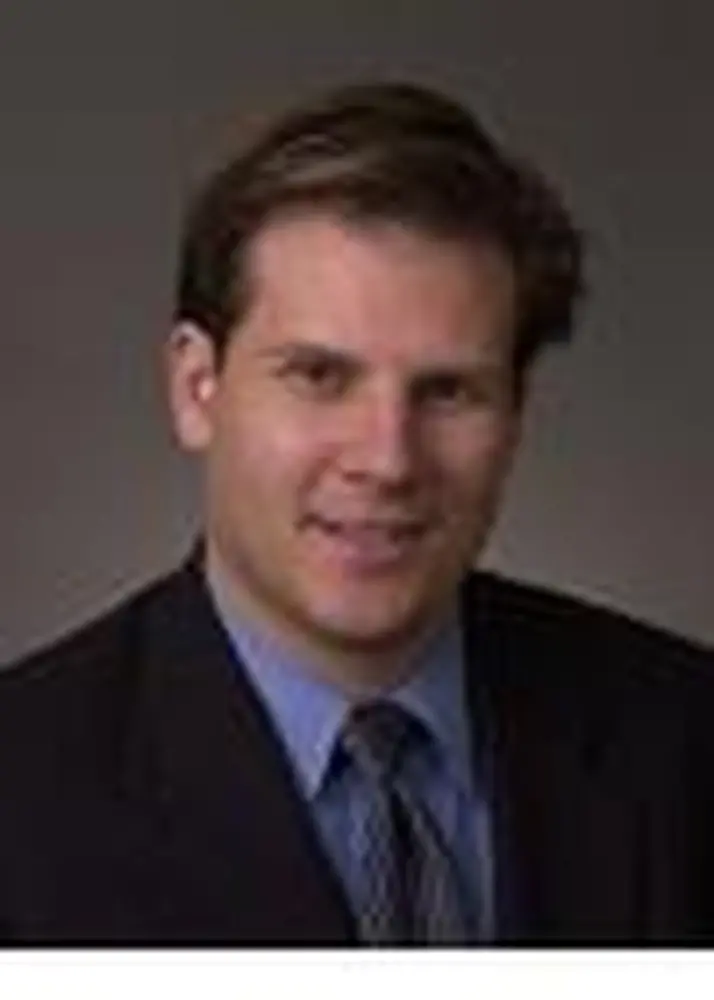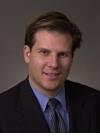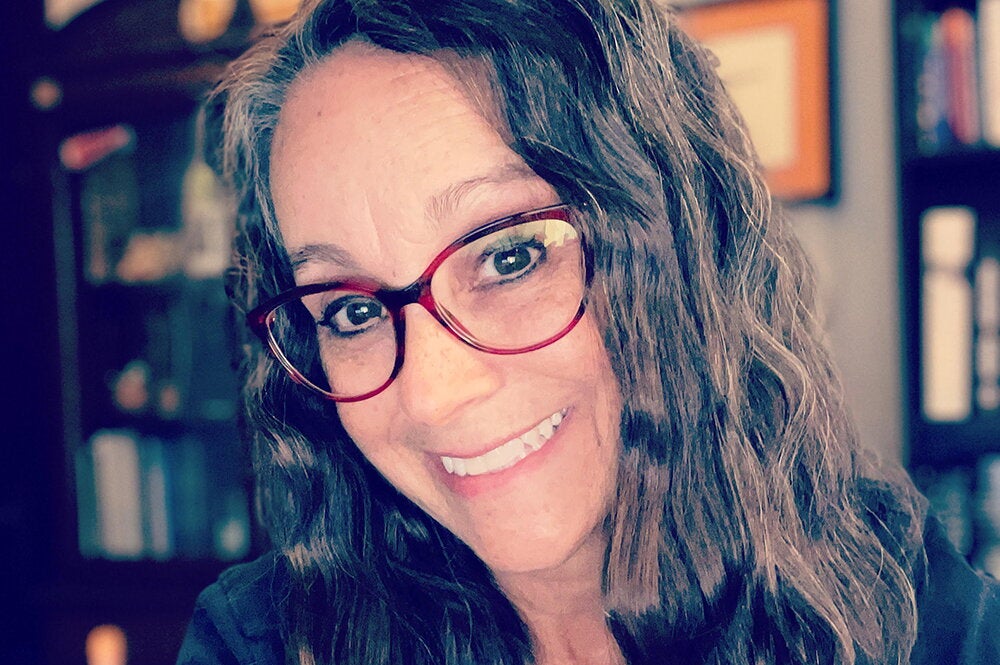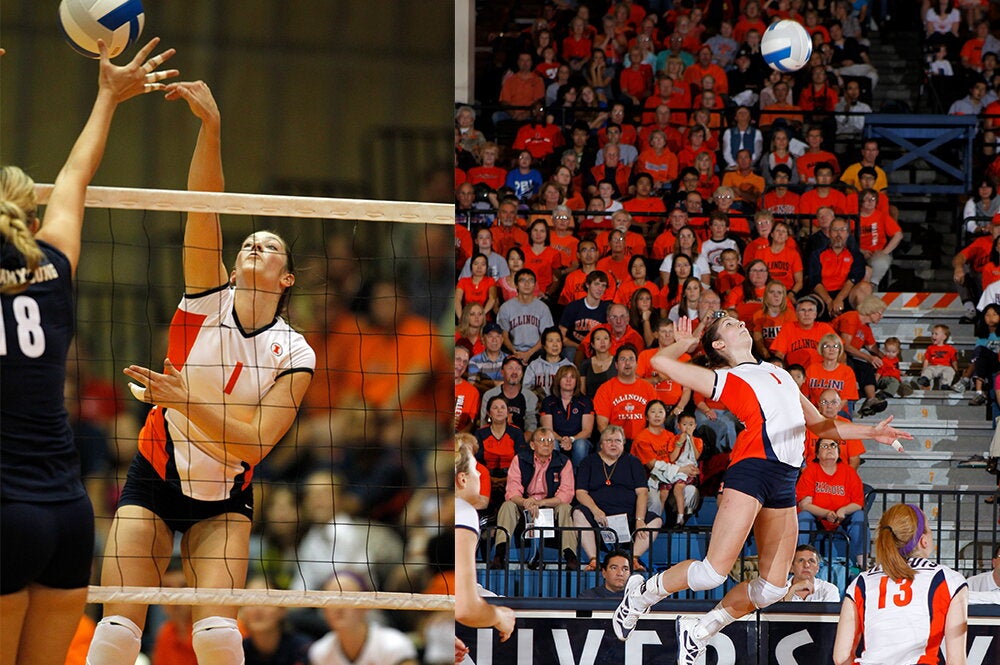

Perhaps the most curious thing about Charles Biro's jump from studying religion to practicing commercial law is that people find the conversion surprising. Consider the fact that until recently, another College of Liberal Arts and Sciences graduate worked just a couple doors down from him at the same law firm. His major? Religious studies.
Nonetheless, it's true that Biro's decision to enter law required some soul-searching. But he learned that a liberal arts education opens many doors.
"It's teaching you how to analyze," Biro says, of his LAS education. "(In court), opposing council comes in with faulty assumptions and arguments that make leaps of logic. The critical thinking aspect of my philosophy classes comes into play."
Biro adds that the liberal arts notion of learning a wide variety of topics repeats itself in his area of law.
"Each case is a new set of facts. A new industry to learn. An opportunity to learn new subjects," Biro says. "I've always been interested in a wide variety of subject matters."
Indeed, Biro's decision to enter the University of Chicago Law School in 1999 worked out well. He was an active student, becoming president of the Law School Democrats, and even had the fortune of taking a constitutional law course from then-lecturer Barack Obama, now the Democratic frontrunner for the U.S. presidency (Biro and other classmates still call him "Professor Obama"). Biro went on to become an associate at Chicago's Sidley Austin LLP law firm, where he remains today.
He enjoys his work, while admitting that he meandered a bit before getting there. After earning his bachelor's degree in religious studies from LAS in 1994, Biro spent a year clerking for a Chicago insurance company.
A year later, Biro entered graduate school at the University of Chicago in something no closer to law than he was before—Middle Eastern studies. He completed a master's degree and worked odd jobs in Ohio and California while applying for doctoral programs, but the prospect of becoming a humanities professor grew less attractive with time.
"The academic (job) market was so tough," Biro says, of the late 1990s. "There were so many people getting PhDs."
Biro's plans changed when he read Which Side Are You On?, a book by Thomas Geoghegan, a Chicago author and labor lawyer. Biro had never thought much about becoming an attorney, nor did he have any attorneys in his family, but after mulling the book—it's about the experiences of a lawyer with the labor movement—he decided to enter law school in 1999.
Though he never pursued labor law, Biro would convince Geoghegan to speak at the school. And Biro's brush with Obama still resonates today—he's a staunch supporter of the candidate, and Biro's wife, a law school classmate who took seminar courses with Obama, now works as a full-time volunteer with the candidate's campaign.
"He was pretty dynamic," Biro says, of Obama. "You knew he was going places."
Obama's courses were held on Mondays and Fridays to accommodate his duties in the state legislature. As a lecturer, Biro adds, the future presidential candidate did well when class discussion grew heated over certain topics of law.
"(Obama) did a really good job of facilitating (class) conversation," says Biro. "He made sure everyone had a chance to argue their position, and let the class analyze the flaws in their arguments."
Biro was impressed enough by Obama that he volunteered when Obama ran for the U.S. Congress in 2000 and organized a campaign fundraiser for him when he ran for the U.S. Senate seat in 2004, which he won by a historical margin.
Biro didn't do so bad himself, landing the Sidley Austin job immediately after graduation. Today, as he litigates antitrust and securities fraud, he uses a method of thought he learned at LAS that's invaluable in law.
"In any general philosophy class, what do you do? You read someone's argument, summarize it, and point out the baseless assumptions and missing pieces," Biro says.
The parallel between his philosophy classes and career was clear recently, as he worked a long and closely watched civil trial in California, where his firm's client, a subsidiary of Johnson & Johnson, was accused of violating antitrust laws by a competitor. He and his colleagues spent weeks doing little more than eating, sleeping, and working, probing the plaintiff's position for the types of flaws in logic and baseless assumptions that would have put Biro in hot water in a Symbolic Logic course, back in LAS.
They found them. The jury ruled in Biro's client's favor and the plaintiff did not appeal the jury's decision.


